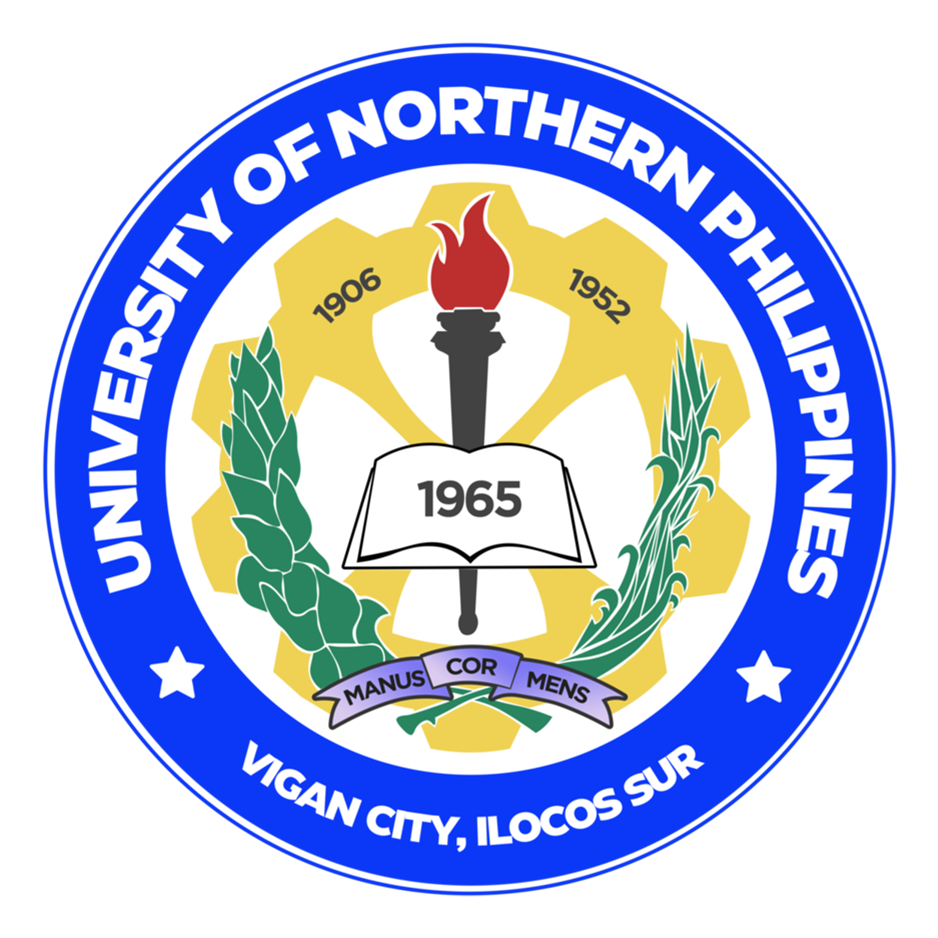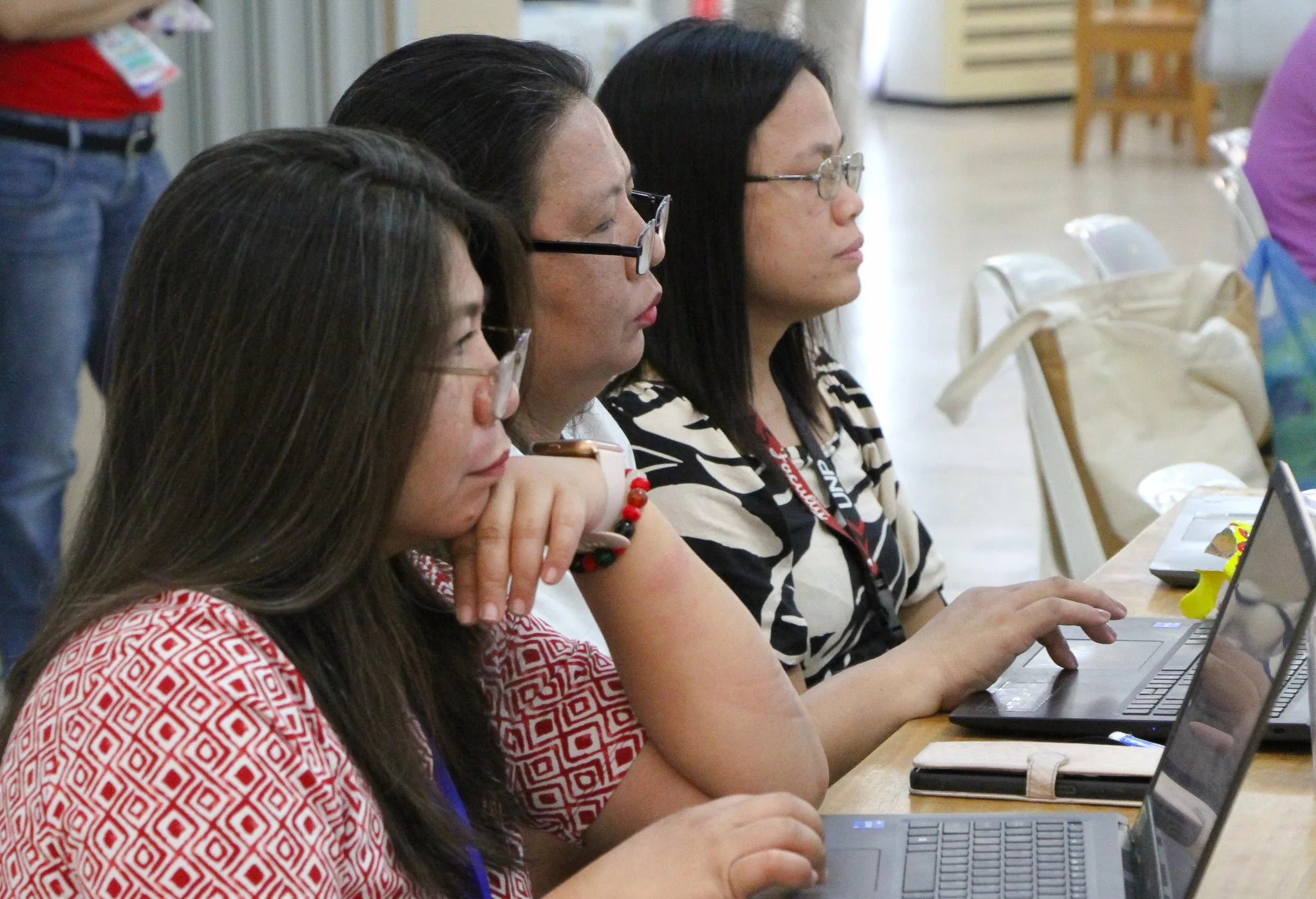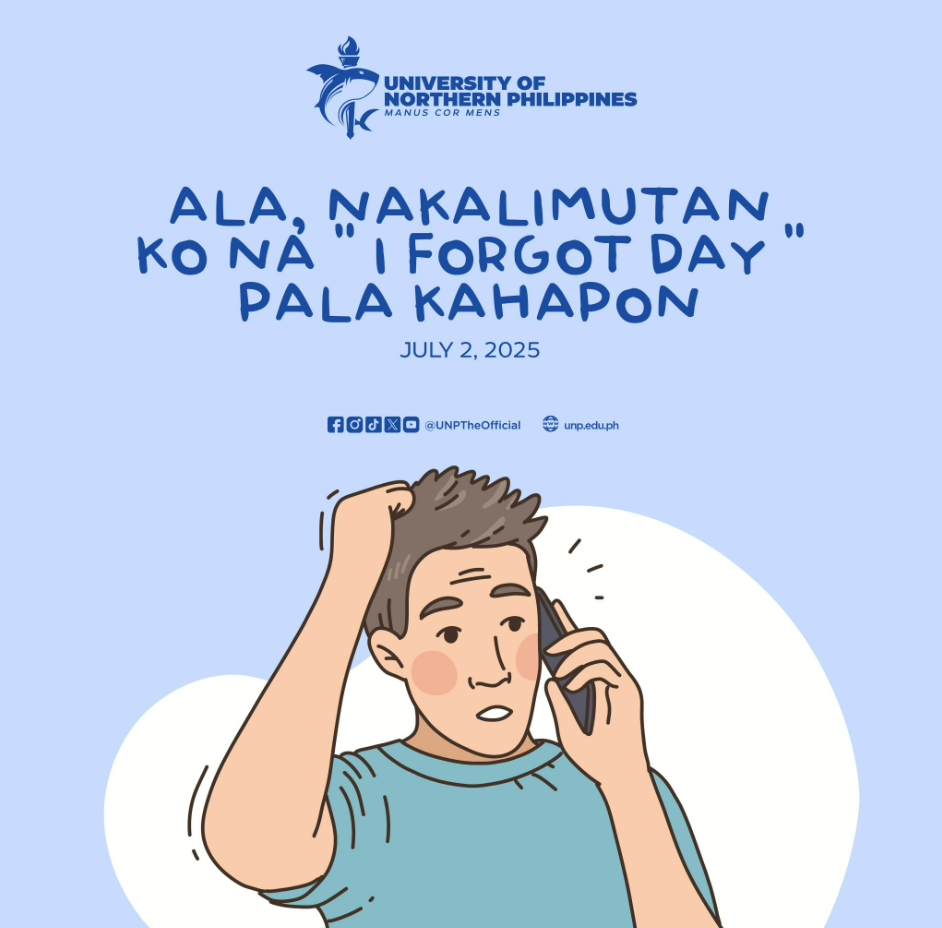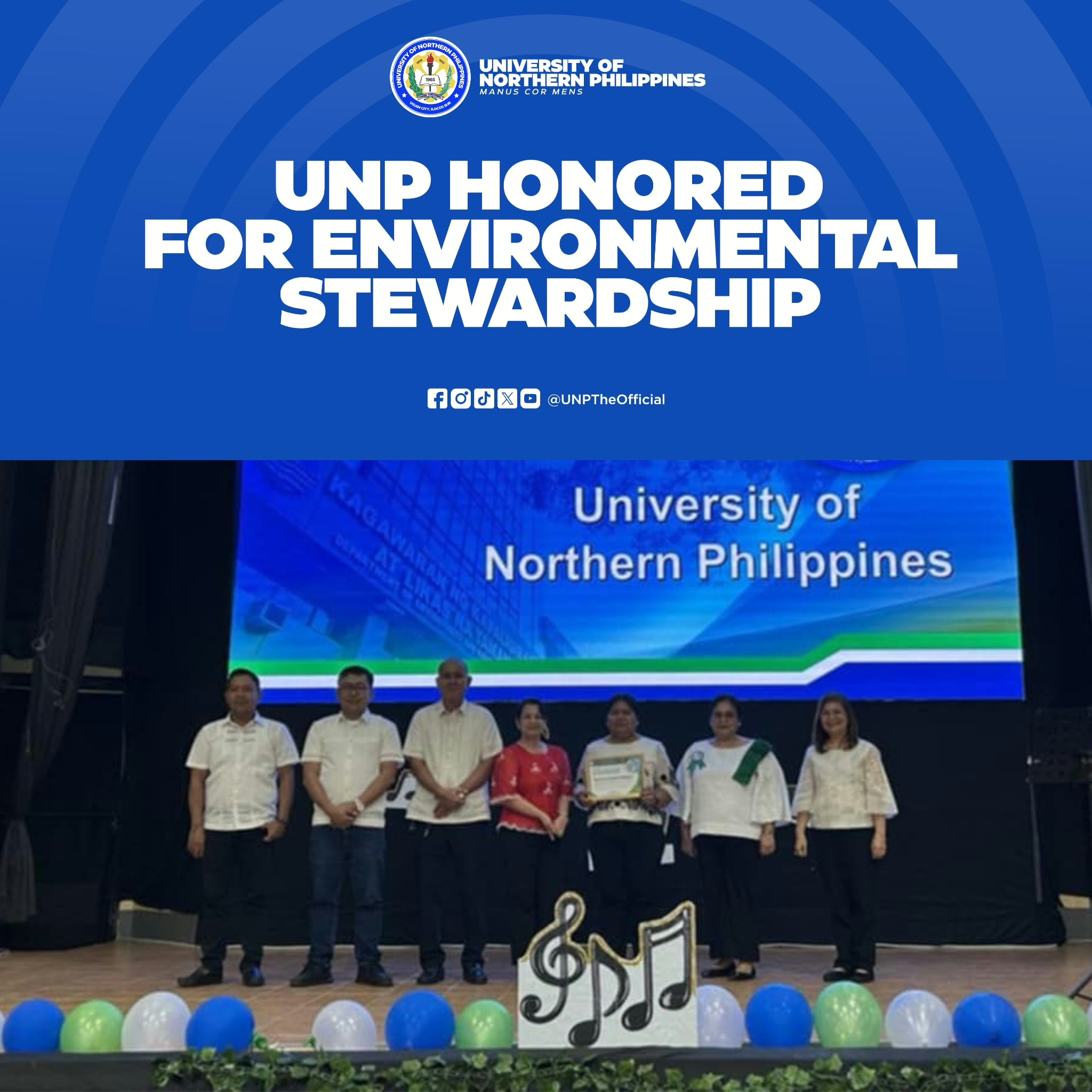The University Research Development Office (URDO) of the University of Northern Philippines (UNP) and the University of the Cordilleras (UC) facilitated the third and final phase of the research publication training series at the Tadena Hall on May 30-31.
The three-phase training program, which spanned three weeks, aimed to equip researchers with the necessary skills and knowledge to effectively publish their scholarly works in notable journals and share best practices to improve the quality of manuscripts and increase the likelihood of acceptance in these outlets.
Dr. Thelma Domingo Palaoag, UC Director of the Innovation and Technology Transfer Office, served as the resource speaker for the three consecutive phases of the training series. In her fifth lecture, titled “The Peer Review Process and Revisions,” she emphasized the importance of transparency and best practices in scholarly publishing, drawing from the guidelines set by the Commission on Publication Office (COPE).
Dr. Palaoag provided tips when it comes to examining the journal’s website and emphasized the importance of clarity and accuracy. She emphasized the necessity for a journal’s name to be distinct and not misleading, and for researchers to understand the peer review process, ownership, and research misconduct protocols.
Furthermore, she underlined the significance of publishing ethics policies, transparent publishing schedules, and accessibility information on the website, including details of governing bodies, copyright information, and fees for services.
In addition, Dr. Palaoag highlighted the need for comprehensive information on a journal’s website, including clear disclosure of fees, business models, and advertising policies. She stressed the importance of providing transparent and detailed information to ensure integrity and trust within the scholarly publishing process.
In her lecture, Dr. Thelma Domingo Palaoag highlighted recommendations on the utilization of artificial intelligence (AI) in scholarly publications based on the guidelines set by the World Association of Medical Editors (WAME).
She stated that chatbots cannot be authors since an author must be a legal person. Authors should be transparent when chatbots are used and provide information about how they were employed. Authors are responsible for the material provided by a chatbot in their paper.
Editors and peer reviewers should specify to authors and each other any use of chatbots in the evaluation of the manuscript and the generation of reviews and correspondence. If they use chatbots in their communications with authors and each other, they should explain how they were used. Editors need appropriate tools to help them detect content generated or altered by AI.
Dr. Palaoag also underscored the journey of academic publishing, emphasizing that not all studies can be approved for publication and that rejection is part of the process. She provided tips on how to respond to reviewers’ comments and the content of the letter for appeal.
She said, “Embrace the journey of refining your article toward publication, for in the crucible of experience, the purest insights emerge, and through the fires of perseverance, brilliance is forged.”
After the lecture, Dr. Thelma asked the participants to cluster faculty and researchers by discipline for the workshop. The purpose was to group research according to academic disciplines for mentoring. Dr. Thelma provided guidance and lectures tailored to each category to assist participants in preparing their scholarly works for publication.




